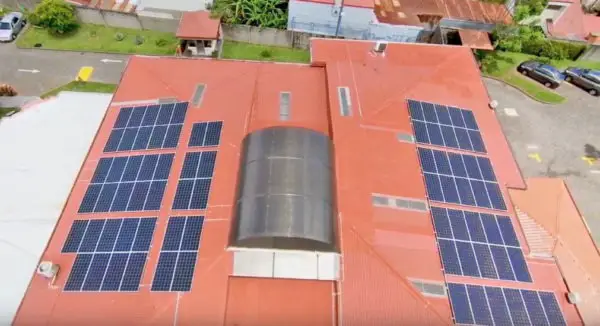
The Executive Power of the country has decided to call off the Distributed Energy Resources Bill, which provided incentives for 5% on the demand of the National Electric System to be transferred to distributed generation.
The Costa Rican Chamber of Distributed Generation (CCGD) has communicated its profound surprise at the decision of the country’s Executive Power to revoke Bill 22009 of Distributed Energy Resources.
The “Regulation of distributed generation with renewable sources under the simple net measurement contracting model”, presented at the end of May, encouraged 5% of the demand of the National Electricity System to be transferred to distributed generation.
According to the Chamber, this decision “represents a blow to Costa Rican households, entrepreneurs, merchants and industrialists to all those who have the weight of electricity rates on their shoulders.”
William Villalobos, Executive Director of the CCGD, adds that “in times when the country needs to reactivate its economy, improve competitiveness and make way for greater effective competition, we receive with astonishment the news that the Executive Branch has called off the Project of Law 22009, denying the possibility of auto-generating energy, at times where there is very little liquidity in their pockets and unemployment of 24%, simply it is disconcerting. “
Currently, according to the CCGD, the country has 2,400 rooftop installations, and it attributes this decision to pressure from ICE and the distribution companies. “For this reason, any attempt to reform the energy sector is postponed, despite the fact that solar energy belongs to everyone, and the sun does not charge us,” he adds.
The distributors, according to Villalobos, would be appealing to “solidarity”, but this is a hoax according to the director. “The model to which the distributors appeal implies that all Costa Ricans have to spend energy irrationally as long as ICE (National Electricity Institute) and its companies do not see their energy sales affected, which is becoming more expensive every day, despite the fact that the energy transformation experienced by the energy sector worldwide, brings with it changes in consumption habits based on automation, savings and energy efficiency”, he concludes.

